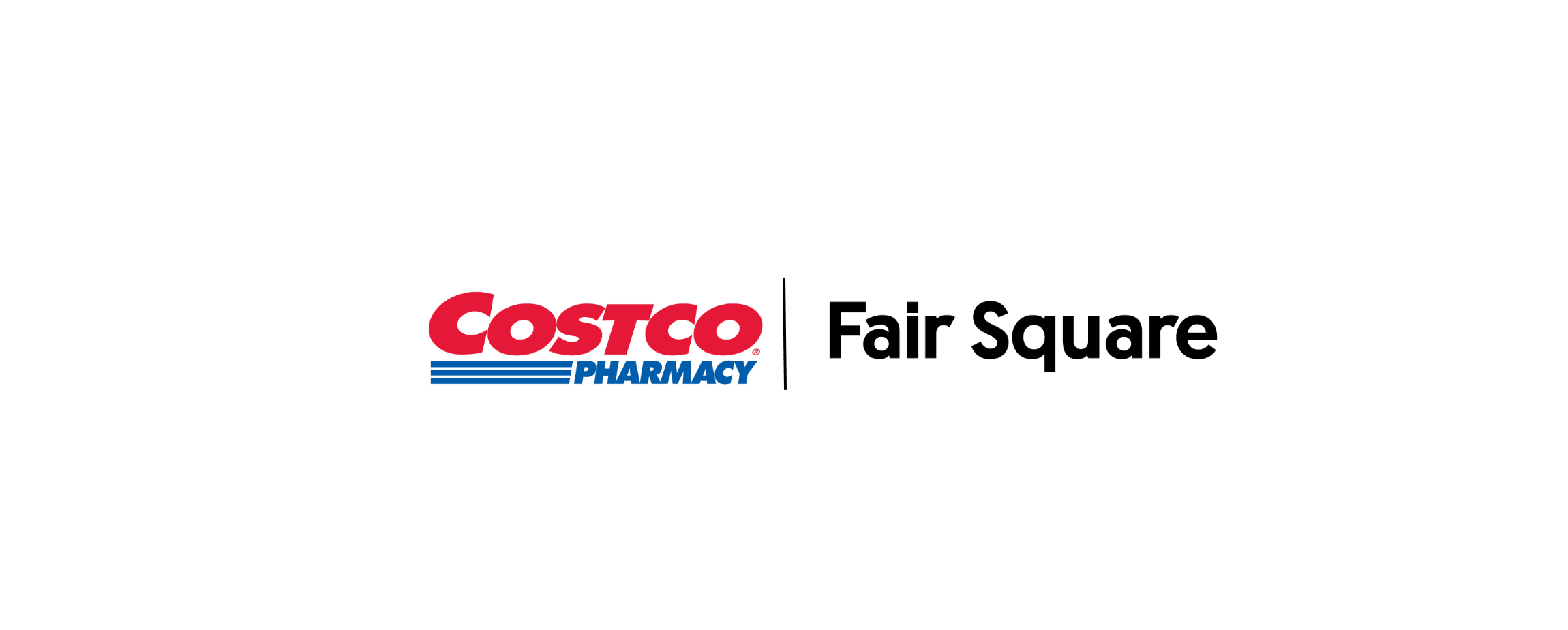See if you might be covered
Lipoma removal might be covered by Medicare if your physician determines the lipoma poses a risk to your health. Generally, Medicare will cover your medically necessary health expenses, but not health expenses that are only cosmetic. Lipoma removal can cost $2,000 on average, with costs going up to $7,000 according to some estimates. So are you covered? Let's find out.
Speak with a Medicare Advocate
What is a lipoma?
A lipoma is a non-cancerous growth composed of fatty tissue. It usually appears as a soft, round lump on the skin and is sometimes called a “fatty tumor.” Lipomas can be found anywhere on the body but are most common on the back, neck, arms or shoulders. They are usually painless and move easily under the skin when touched. Although lipomas are generally harmless, some people opt to have them removed for cosmetic reasons or if they become too large and uncomfortable.
In most cases, lipoma removal is considered an elective procedure and, therefore, not covered by Medicare. However, if your doctor determines that the lipoma poses a risk to your health, Medicare may cover some or all of the costs associated with its removal. Similar procedures that are typically cosmetic but might have medically necessary uses, such as botox
What are the symptoms of a lipoma?
The most common symptom of a lipoma is the presence of a soft, round lump on the skin. It usually appears as a solitary lump and is typically painless and mobile. Other symptoms may include swelling or redness around the growth and sometimes discomfort when pressing on it.
If you experience these symptoms and suspect you may have a lipoma, you should talk to your doctor. They can examine you and perform tests to confirm the presence of a lipoma and provide an appropriate treatment plan.
How is a lipoma diagnosed?
Your doctor will examine the lump to assess its size and characteristics. They may also perform tests such as imaging scans or a biopsy to rule out other possible causes. The results of these tests can help your doctor confirm a diagnosis of lipoma and recommend an appropriate treatment plan.
What are the treatment options for a lipoma?
The most common treatment for a lipoma is surgical removal. This involves making an incision and physically removing the growth from the body. Other treatments include steroid injections, cryotherapy and other minimally invasive techniques. However, your doctor will determine the best option based on your individual needs and preferences.
Is lipoma removal covered by Medicare?
Medicare may cover the costs associated with lipoma removal if your doctor determines that the lipoma poses a risk to your health. Generally, cosmetic procedures are not covered by Medicare. Talk to your doctor before deciding on any treatment plan and discuss whether your lipoma removal is medically necessary or elective. They can help you understand what options are available and if Medicare will cover the costs associated with lipoma removal.
If you get Medicare approval for lipoma removal, it will likely be covered by Medicare Part B as an outpatient procedure. You may be responsible for up to 20% of the Medicare-approved amount. If you want to lower your out-of-pocket costs, the best way is with a Medicare Supplement Plan G
How to choose a physician for lipoma removal?
It is important to choose a physician with experience in lipoma removal. Talk to your doctor about their qualifications and experience in this type of procedure. You may also want to ask for references from other patients who have had the procedure done. Additionally, ask if the physician has any special training or certifications that make them qualified to perform the procedure. Finally, make sure to research the physician’s qualifications and read any reviews you can find online. This will help ensure that you are choosing a qualified physician who is experienced in lipoma removal.
Takeaway
Lipomas are generally harmless and can be removed for cosmetic reasons or if they become too large. In most cases, lipoma removal is considered an elective procedure and may not be covered by Medicare. However, if your doctor determines that the lipoma risks your health, Medicare may cover some costs associated with the procedure. Be sure to talk with your doctor before pursuing treatment. This content is for informational purposes only. Talk with an expert at Fair Square Medicare
Recommended Articles

What's the Difference Between HMO and PPO Plans?
Dec 1, 2022

What Are Medicare Part B Excess Charges?
Jan 6, 2023

When Can You Change Medicare Supplement Plans?
Nov 18, 2022

Does Medicare Cover Kyphoplasty?
Dec 9, 2022

Can Doctors Choose Not to Accept Medicare?
Dec 8, 2022

Should You Work With A Remote Medicare Agent?
Sep 20, 2023

Does Medicare Cover a Spinal Cord Stimulator?
Nov 19, 2022

Medicare Savings Programs in Kansas
Mar 22, 2023

Everything About Your Medicare Card + Medicare Number
May 12, 2022

How Medicare Costs Can Pile Up
Oct 11, 2022

13 Best Ways for Seniors to Stay Active in Columbus
Mar 8, 2023

What To Do If Your Medicare Advantage Plan Is Discontinued
Feb 26, 2024

Does Medicare Cover Flu Shots?
Dec 9, 2022

14 Best Ways for Seniors to Stay Active in Washington, D.C.
Mar 11, 2023

Which Medigap Policies Provide Coverage for Long-Term Care?
Sep 16, 2022

How Do Medicare Agents Get Paid?
Apr 12, 2023

Costco Pharmacy Partners with Fair Square
Jan 13, 2023

What Is a Medicare Supplement SELECT Plan?
Apr 25, 2023
More of our articles
13 Best Ways for Seniors to Stay Active in Indianapolis
13 Best Ways for Seniors to Stay Active in Jacksonville
14 Best Ways to Stay Active in Charlotte
20 Questions to Ask Your Medicare Agent
2025 Medicare Price Changes
Building the Future of Senior Healthcare
Can I Change My Primary Care Provider with an Advantage Plan?
Can I Have Two Primary Care Physicians?
Can I Laminate My Medicare Card?
Can Medicare Advantage Plans be Used Out of State?
Can Medicare Help with the Cost of Tyrvaya?
Denied Coverage? What to Do When Your Carrier Says No
Do Medicare Supplement Plans Cover Dental and Vision?
Does Medicare Cover Boniva?
Does Medicare Cover Fosamax?
Does Medicare cover Hyoscyamine?
Does Medicare Cover Incontinence Supplies?
Does Medicare Cover Jakafi?
Does Medicare Cover Ketamine Infusion for Depression?
Does Medicare Cover Kidney Stone Removal?
Does Medicare Cover Krystexxa?
Does Medicare Cover Lipoma Removal?
Does Medicare Cover LVAD Surgery?
Does Medicare Cover Macular Degeneration?
Does Medicare Cover Medical Marijuana?
Does Medicare Cover Mental Health?
Does Medicare Cover Nexavar?
Does Medicare Cover Nuedexta?
Does Medicare Cover Ofev?
Does Medicare Cover Piqray?
Does Medicare Cover PTNS?
Does Medicare Cover Qutenza?
Does Medicare Cover Service Animals?
Does Medicare Cover SIBO Testing?
Does Medicare Cover TENS Units?
Does Medicare Cover the Urolift Procedure?
Does Medicare Cover Urodynamic Testing?
Does Medicare Cover Vitamins?
Does Medicare Cover Zilretta?
Does Medicare Pay for Antivenom?
Does Medicare Require a Referral for Audiology Exams?
Fair Square Client Newsletter: AEP Edition
Finding the Best Dental Plans for Seniors
Health Savings Accounts (HSAs) and Medicare
How Can I Get a Replacement Medicare Card?
How Does Medicare Pay for Emergency Room Visits?
How Much Does a Medicare Coach Cost?
How Much Does Medicare Cost?
How Much Does Xeljanz Cost with Medicare?
How Often Can I Change Medicare Plans?
How to Choose a Medigap Plan
Is Botox Covered by Medicare?
Is Displacement Affecting Your Medicare Coverage?
Is PAE Covered by Medicare?
Last Day to Change Your Medicare Part D Plan
Medicare & Ozempic
Medicare Advantage MSA Plans
Medicare Guaranteed Issue Rights by State
Plan G vs. Plan N
Seeing the Value in Fair Square
What Does Medicare Cover for Stroke Patients?
What Happens to Unused Medicare Set-Aside Funds?
What is a Medicare Beneficiary Ombudsman?
What Is Medical Underwriting for Medigap?
What is Plan J?
What Is the Medicare Birthday Rule in Nevada?
What is the Medicare ICEP?
What People Don't Realize About Medicare
What to Do When Your Doctor Leaves Your Network
What's the Deal with Flex Cards?
When to Choose Medicare Advantage over Medicare Supplement
Will Medicare Cover it?
Get the Fair Square Bulletin
Medicare savings tips, helpful guides, and more.
Virgil Insurance Agency, LLC (DBA Fair Square Medicare) and www.fairsquaremedicare.com are privately owned and operated by Help Button Inc. Medicare supplement insurance plans are not connected with or endorsed by the U.S. government or the federal Medicare program. This is a solicitation of insurance. A licensed agent/producer may contact you. Medicare Supplement insurance is available to those age 65 and older enrolled in Medicare Parts A and B and, in some states, to those under age 65 eligible for Medicare due to disability or End-Stage Renal disease. Virgil Insurance Agency is a licensed and certified representative of Medicare Advantage HMO, HMO SNP, PPO, PPO SNP and PFFS organizations and stand-alone PDP prescription drug plans. Each of the organizations we represent has a Medicare contract. Enrollment in any plan depends on contract renewal. The plans we represent do not discriminate on the basis of race, color, national origin, age, disability, or sex. Plan availability varies by region and state. For a complete list of available plans please contact 1-800-MEDICARE (TTY users should call 1-877-486-2048), 24 hours a day/7 days a week or consult www.medicare.gov. © 2026 Help Button Inc
We do not offer every plan available in your area. Any information we provide is limited to those plans we do offer in your area. Please contact Medicare.gov or 1-800-MEDICARE to get information on all of your options.
MULTIPLAN_FairSquareMedicare_01062022_M
Fair Square Medicare


